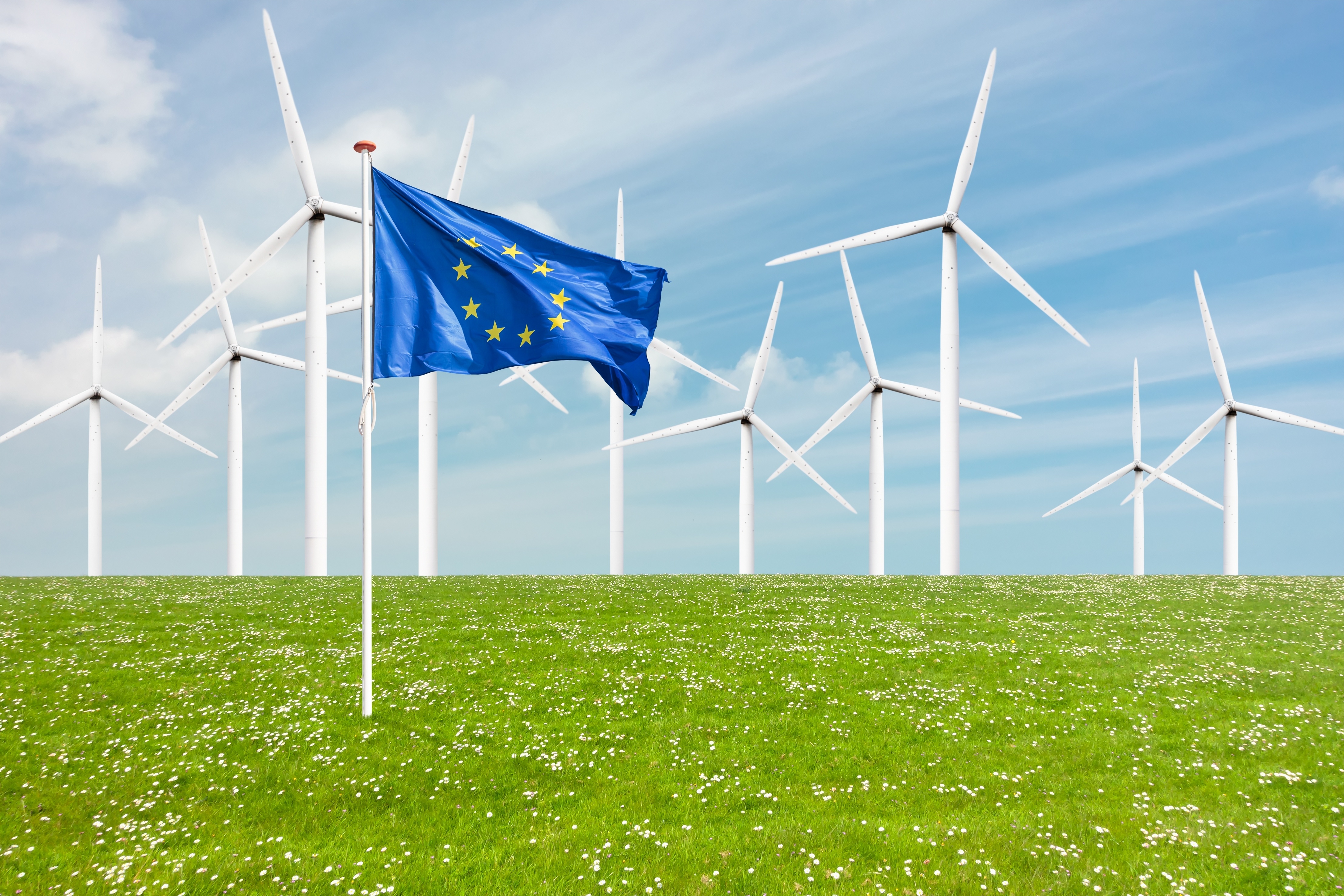The Evolution of Data Responsibility
In today's data-driven economy, consumer goods companies face a rapidly evolving landscape where regulatory requirements and consumer expectations demand unprecedented levels of transparency and accountability. The EU Green Deal, with its emphasis on sustainability and circularity, has become a significant driving force behind these changes. However, while the conversation around sustainability often focuses on carbon emissions and resource efficiency, there is a parallel and equally critical challenge emerging: data stewardship.
This article will explore the data challenges faced by consumer product companies by co-opting and applying the carbon emission framework of “Scope 2” to examine the traceability of data across the supply chain, from raw material sourcing to the finished goods manufacturer, and the finished goods manufacturer's responsibility as a steward of their supplier data.
The Scope 2 Data Challenge: Redefining Traceability
In the context of the EU Green Deal, the concept of Scope 2 data encompasses the entire data chain that links suppliers to manufacturers. This data chain includes information about raw materials, their sources, processing methods, and the environmental and social impacts associated with them.
For consumer product companies, managing this data is not just a regulatory requirement but a strategic imperative that can enhance brand trust and competitiveness. The challenge is twofold:
- To ensure that the data collected from suppliers is accurate, complete, and aligned with the regulatory requirements.
- To maintain the integrity of this data as it moves through the supply chain, culminating in the final product.
Regulatory Compliance: The Manufacturer as Data Steward
Under the EU Green Deal, particularly the Digital Product Passport (DPP) provisions, manufacturers are required to ensure the traceability of their products throughout their lifecycle. This means that the data collected from suppliers must not only be accurate but also auditable and traceable. The manufacturer, therefore, assumes the role of a data steward, responsible for the end-to-end chain of custody of this data.
This responsibility extends to ensuring that the data from suppliers meets the sustainability criteria set out by the EU. For example, under Regulation (EU) 2020/852, also known as the Taxonomy Regulation, companies must classify their economic activities according to their sustainability. This requires meticulous tracking and verification of supplier data to ensure that all components of a product, such as the raw materials in detergents or the preservatives in cosmetics, meet these criteria.
The Importance of Traceability: A Platform 2.0 Challenge
Traceability in data management is an imperative that can differentiate companies in a competitive market. The shift from legacy platforms to modern, interconnected platforms is essential for achieving end-to-end visibility and real-time data management: Platform 2.0.
Platform 2.0 solutions have emerged from the confluence of three factors:
- Digital transformation initiatives (or really connecting systems and processes)
- The formation of data graphs created from “in-use” processes, similar to the “product in-use” insights that have powered digitally-native companies, like Netflix, Tesla and Spotify
- GenAI, which ironically has exposed the lack of data readiness within enterprises.
In a Platform 2.0 environment, data is no longer static but in motion, flowing seamlessly across functions and supply chain partners. This allows companies to move from descriptive to predictive analytics, enabling them to anticipate and mitigate risks before they escalate. For instance, if a supplier's data indicates potential non-compliance with sustainability criteria, a manufacturer can proactively address the issue before it affects the final product.
Building a Robust Data Stewardship Framework
To effectively manage Scope 2 data and ensure traceability, companies must adopt a robust data stewardship framework that includes the following elements:
Enhanced Supplier Engagement: Building strong relationships with suppliers is crucial for ensuring that the data they provide is accurate and reliable. This may involve regular audits, shared sustainability goals, and collaborative data management practices.
Advanced Data Integration Technologies: Implementing robust data management systems, such as ERP solutions integrated with AI-driven analytics, can significantly improve the accuracy and traceability of Scope 2 data. These technologies can automate data collection, validation, and reporting processes, reducing the risk of errors and discrepancies.
Regulatory Compliance Teams: Establishing dedicated teams to monitor regulatory changes and manage compliance can help companies stay ahead of the curve. These teams should work closely with IT and data management professionals to ensure that all data-related requirements of the EU Green Deal are met promptly and efficiently.
Real-Time Data Monitoring: Platforms 2.0 enable real-time monitoring of data as it moves through the supply chain, providing manufacturers with the insights they need to ensure traceability and compliance at every stage of the product lifecycle.
Turning Compliance into Competitive Advantage
As the EU Green Deal raises the bar for sustainability and transparency, consumer product companies must rise to the challenge by redefining their approach to data management. By embracing the concept of Scope 2 data stewardship, manufacturers can not only meet regulatory requirements but also gain a competitive edge by enhancing traceability, improving sustainability credentials, and building stronger relationships with consumers.
Moving beyond legacy systems and adopting a robust data stewardship framework, your company can stay ahead of regulatory demands, improve traceability, and ultimately drive greater innovation and market differentiation. Don’t let outdated systems stall your progress—it's time to explore how Platform 2.0 solutions can transform your data management practices and position your business for long-term success.
Take the first step toward this transformation. Engage with our team to discover how Veeva Systems can support your journey to Platform 2.0, ensuring your organization not only meets today’s regulatory requirements but also thrives in the data-driven future.
SHARE






